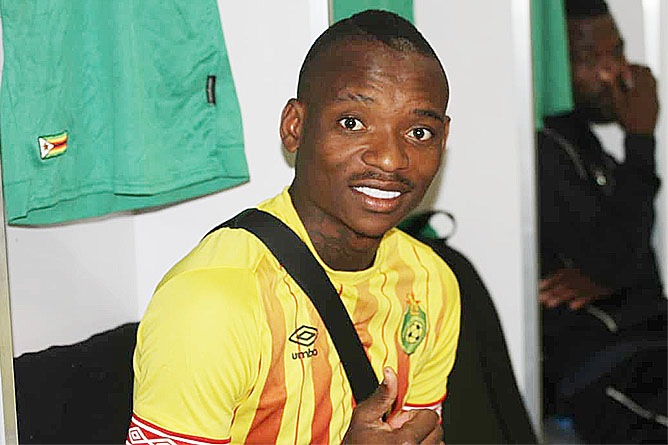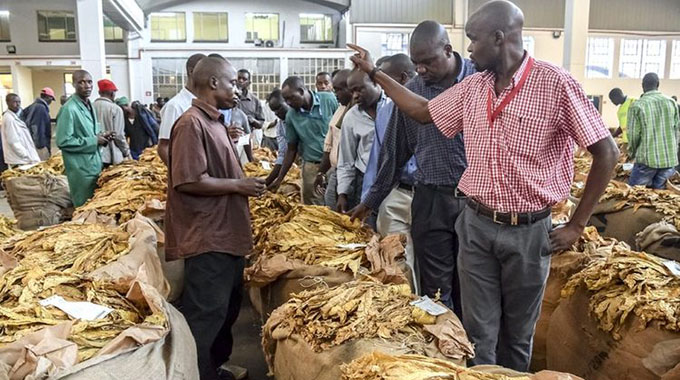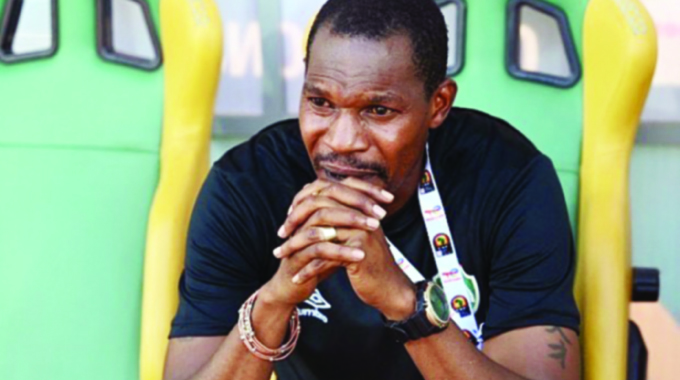ZC rebellion still being felt, years later

Eddie Chikamhi Senior Sports Reporter
CRICKET in Zimbabwe has undergone tremendous transformation since Independence but the rebel saga of the mid-2000s has remained the black spot whose effects are still being felt today.
In an Independence Day special interview with The Saturday Herald, ZC chairman, Tavengwa Mukuhlani, yesterday said although cricket in Zimbabwe has gone through exciting highs and some depressing lows, the future still looks bright.
The game has since shed off the elitist reputation to become a national sport with mass participation.
“Cricket has evolved in a lot many ways, if you look at where we were in 1980. It wasn’t a professional sport but an amateur sport, a weekend leisure largely in the farming communities in the country districts, where a privileged few could play.’’
“It was an elite sport but when Zimbabwe got ICC full membership and Test status it became a national sport.’’
‘‘The persuasion to get the status was underpinned on the premise that the ICC did a projection to say where are you going to get the pool of players to sustain the growth and development of the game?’’
‘‘But, with the growth of our education sector after Independence, there was enough justification,” said Mukuhlani.’’
Cricket has since been introduced to the previously marginalised societies with Highfield’s Takashinga and Emakandeni in Bulawayo providing the epicentre in the high-density areas.
Among the milestones was the maiden World Cup win on debut at the grand stage in 1983.
And, the fairytale run at the 1999 World Cup in England when the team led by the likes of Andy Flower, Heath Streak, Henry Olonga and Neil Johnson stunned the world to reach the Super Six for the first time.
But signs of problems started emerging during the 2003 World Cup when skipper Flower and Olonga engaged in a “black armband” protest which turned political.
Many players from that golden generation left and the rebuilding started promptly with a new crop of players.
A quota system was introduced to tame the age-old race issues but the idea did not get the buy-in from some quarters.
Zimbabwe hoped into bigger problems when Streak was sacked as team captain in 2004, leading to a walk out by not less than 14 predominantly senior white players, in protest against ‘political influence’ in the team’s management and selection policies.
The unfortunate events left greenhorn Tatenda Taibu as captain at 20 years.
This was the beginning of what came to be termed as the ‘rebel saga’ and the instability that accompanied the period.
The problems spilled onto the pitch leading to Zimbabwe having to voluntarily suspend their Test status between 2006 and 2011, with the support from ICC.
On top of forfeiting six years of Test cricket, Zimbabwe subsequently lost its place in the top 10 ODI and Test rankings to the likes of Bangladesh and Afghanistan.
“The rebel saga destroyed the game significantly because we lost a lot of players who could have played a bit longer, mixed and mingled with the upcoming crop of players, rubbed off their experience and allowed the likes of Tatenda Taibu, Brendan Taylor, Elton Chigumbura and the Tino Mawoyos to carry on.’’
“Unfortunately, these guys didn’t get the opportunity to get the experience passed onto them and that was a major setback for the game.’’
“We are still feeling the effects up to this day because it’s not easy to just wake up today and be a good cricket player. It takes a long time,” said Mukuhlani.
The struggling economy has also not helped matters either.
ZC have been battling financial challenges for some time.
“This, coupled with other things like the schools cricket structure, for example Churchill High School is no longer what it was 10 years ago because of the economic challenges, have made it tough.’’
“The environment just does not allow Churchill (and many other schools) to maintain what they used to be. This has somehow affected the pipeline.’’
“Cricket is not an easy game to manage, it’s a costly game, so not many schools have the capacity to churn out good players.’’
‘‘But we are grateful to the private sector. The likes of Peterhouse, Ruzawi and Falcon are still producing good players and we are still competing at global tournaments such as the ICC Under-19 Cricket World Cup,” said Mukuhlani.
Zimbabwe became a full member of the ICC on July 6, 1992.
ZC’s membership was briefly suspended last year following a boardroom tussle.
“We have had our fair share of problems, including the crippling legacy debts from which we are slowly recovering,” said Mukuhlani.
“But after we came out of the problems we encountered with ICC last year, it’s now important to look at the basics. How is our grassroots structured? How is our schools, our club cricket and our provincial set-up?’’
“To get a continuous supply of quality players we need a functional system to feed into the pipeline.’’
“We want stronger first-class competition and we have to continue building on that. The good thing is that we are in good relations with the ICC and they are very supportive,” said Mukuhlani.







Comments